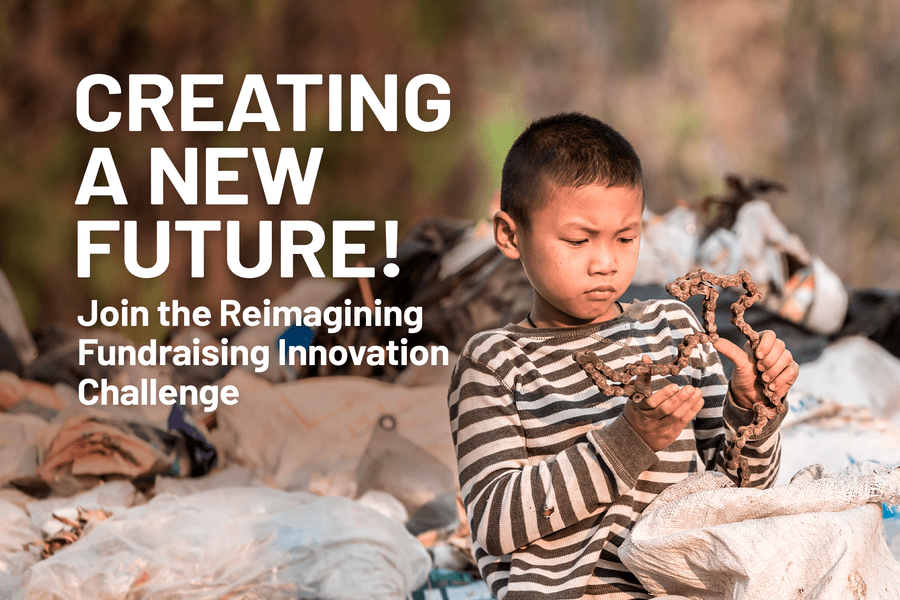
Fundraising experts from across the globe to present at IFC 2022
July 26, 2022
Solutions sought for international NGOs’ fundraising challenges
August 3, 202287% of Irish adults donated to charity in the first three months of the year, with nearly half giving to charities supporting Ukraine, a new survey suggests.
The figures are based on Donor Pulse Ireland, a survey of 1,016 Irish citizens by donations, fundraising and events platform Enthuse.
According to the research, the war in Ukraine has had a significant impact on Irish people. 38% of those questioned donated to charities providing humanitarian support on the ground in the Ukraine, while a further 23% donated to charities supporting Ukrainian refugees arriving in Ireland. Of those that made donations to charity in the past three months, just over one in five donated money solely to Ukrainian causes.
Aside from the war in Ukraine, some of the most prominent causes to resonate with Irish people in the last three months were local community charities, mental health support services, homelessness, children’s charities, and cancer research.
Motivating factors
The three most commonly cited reasons for donating to charity were moral duty, the continued media coverage of humanitarian crises, including the war in Ukraine, and a friend, family member or individual having personally benefited from the charity’s services.
Commenting on the research, Enthuse’s Ireland Country Lead, Luke Dixon, said:
“Historically, the Irish have been known for their generosity and this has been borne out in how quickly the public have mobilised to support humanitarian aid in Ukraine. Despite inflationary pressures, there is a renewed appetite among Irish adults to get involved in fundraising activities in 2022, which will come as welcome news to charities.
“Interestingly, over half (55%) of Irish adults made online donations in the past three months, but one in three of these cannot recall the name of the charity they donated to. Tellingly, average donations were 64% higher when through the charity’s own website, versus consumer giving platforms. This suggests the need for charities to do more to connect their brand with the causes they represent, and to look at how they can nurture longer term relationships with those that ultimately fund their services.”
Cost of living the top concern
The survey also looked at what issues might be impacting Irish households in 2022 and whether these are affecting their likelihood to donate. 80% of those questioned cited the rising cost of living as their top concern for 2022. In comparison, only 11% referenced Covid.
However, despite this economic backdrop, nearly two in five (38%) stated that they were more likely to give to charity today than they were three months previously.
Exactly half of those surveyed also said their attitude to charities had remained unchanged, while only 8% said they were less likely to give money to charity than before.
The research was published to mark the launch of the company’s new Irish operations, based in Dublin. Enthuse’s Donor Pulse research tracks changing consumer habits and attitudes to charity and fundraising on a quarterly basis, and this is its first report for Ireland.
Photo by Lukas Kloeppel on Pexels




